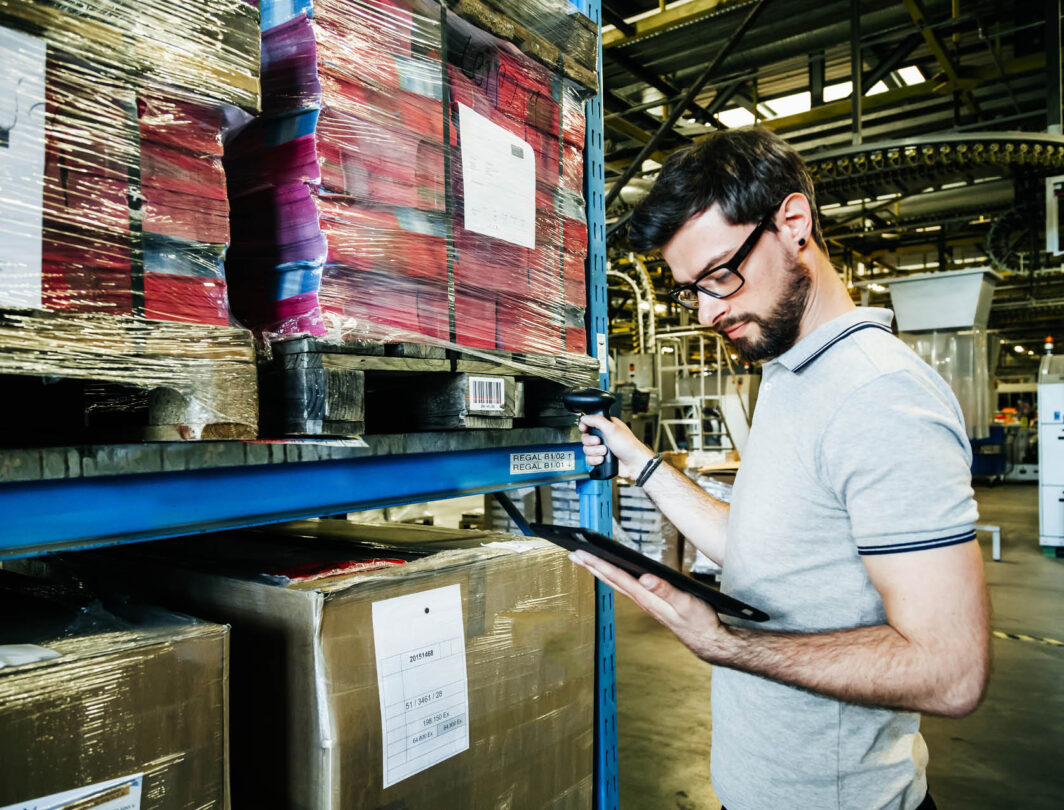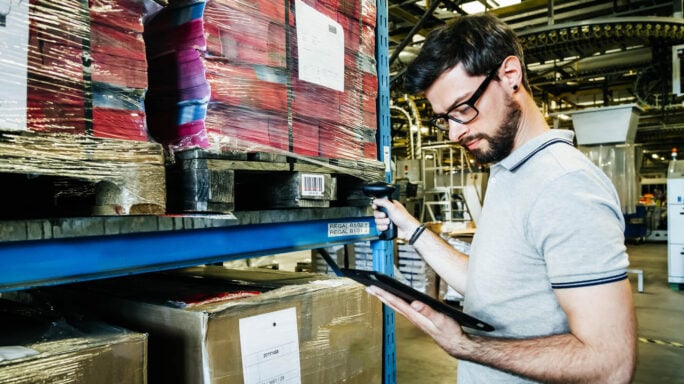Trends & Insights
International trade – how to turbocharge your business
Technology has made it easier than ever for your business to profit from international trade. Growing your business and venturing out from your home...

Technology has made it easier than ever for your business to profit from international trade. Growing your business and venturing out from your home market can make it profitable and successful. After all, 95% of the world’s population lives outside the US.
If you’re in manufacturing, it’s important to note that international trade has helped increase US real manufacturing input by nearly 80% over the past 25 years. This means US manufacturing value-added has grown eightfold since 1947 in real terms.
Through automation and other technologies, you’ve also been able to take advantage of vast productivity gains and enhance your global competitiveness. US exports of manufactured goods reached nearly $1.4 trillion in 2018, accounting for 56% of all US exports.
International trade has also supported your ability to hire. The US Department of Commerce estimates that exports of manufactured goods directly support more than 6 million US manufacturing jobs — about half of all manufacturing employment.
It’s not just export. Imports are important for raw materials, intermediate and capital goods, and they allow food and beverage businesses to bring in goods that consumers otherwise wouldn’t be able to access, such as fresh fruit from foreign countries.

Why are many US businesses not taking advantage of international trade?
Given all the advantages that international trade can bring, you might find it surprising that YouGov research we carried out with 12 countries says that US businesses are among the least likely to export goods — over the past year only 29% of US businesses have exported. This contrasts completely with countries like Spain, where 76% of businesses said they export.
So, what’s the problem? Our research indicated that political uncertainty rated as the largest single barrier to US businesses in trading internationally (21%). Other significant barriers include data and privacy risks (15%) and differing product standards (13%).
Uncertainty can make the trade environment for your business more complex, potentially preventing you from entering markets due to anxiety and reservations about what’s happening globally.

How do you deal with uncertainty?
Today, your international trade in goods and services may already involve the transfer of data. Large multinational businesses, for example, might rely on cross-border data flows for their day to-day operations, but it’s also important to understand that for small and medium businesses, trade in services is becoming ever more important. This transformation in the nature of trade through the flow of data can be characterized in four ways:
• The use of the Internet to export goods
• The purchase and consumption of services online
• The use of data collection and analytics to allow new services, adding value to goods
• Data flows underpinning global value chains, opening opportunities for participation
Technology now allows numerous services to be purchased online and transported digitally across borders. Most trade agreements only relate to goods, but it’s important to understand that trading in services is or will become more important to you. In fact, the World Intellectual Property Organization (WIPO) estimates that more than 80% of international trade is around services.
Something your business may need to consider is the distinction between goods and services. Currently in dispute is the WTO moratorium on electronic transmissions, in which the WTO believes that electronically transmitted services should be exempt from customs duties.
Currently there is uncertainty over how to tax digital goods and services. For example, how can you tax streaming services which are viewable in multiple countries, and should smartphones be taxed on value of the physical goods or of intellectual property/software? If you operate in areas that involve any kind of digital technology, make sure you keep abreast of potential changes.
Understand that if you’re not using data in a profitable way, it can be a big trade barrier. Your business might want to look at investing in technology like enterprise resource planning software (ERP) which could help you deal with trade complexity and uncertainty now and in the future.
How technology can help
It might be time to consider uncertainty as an advantage, as it can give you an opportunity to win a competitive edge if you have the right business technology strategy, particularly when it comes to data.
Selling to international markets can be complex, particularly when it comes to compliance and regulations. It’s here that technology can be important. For example, ERP can play a part in helping businesses manage compliance risk, as they record and maintain all the data they have in a joined-up non-siloed way, including process and financial data.
You might already be using an ERP system as your primary compliance tool, whether it’s for financial or privacy reasons. Technology can be an international trade enabler, but many businesses lack the means to automate their way past regulatory issues. US businesses that trade internationally are most likely to say they ensure compliance for international trade manually (52%), whereas only a third (35%) automate the process using compliance-ready software.

As you grow as an international trader, international shipping and manufacturing becomes more complex, and if done manually, would require logistics managers to spend significant amounts of time going through pages of compliance reports for each shipment. Automated solutions could mean the difference between smooth exporting and issues like delays, supply issues, lost shipments, and missed deadlines
Look for help
The US Department of Commerce’s International Trade Administration, in association with 19 US Government agencies, offers a website called Export.gov, which should help you navigate the maze of government offices and answer the questions you may have—whether it’s tools, assistance, or expert knowledge to sell internationally.
Moving into new international markets means that exporters must ensure compliance with new regulatory frameworks—this is coupled with many countries regularly changing compliance laws on a frequent basis. Our research demonstrates those who automate modern business management solutions should be well-placed to deal with changing or new laws in markets they export to, offering them an edge over those who still use manual methods.








Ask the author a question or share your advice